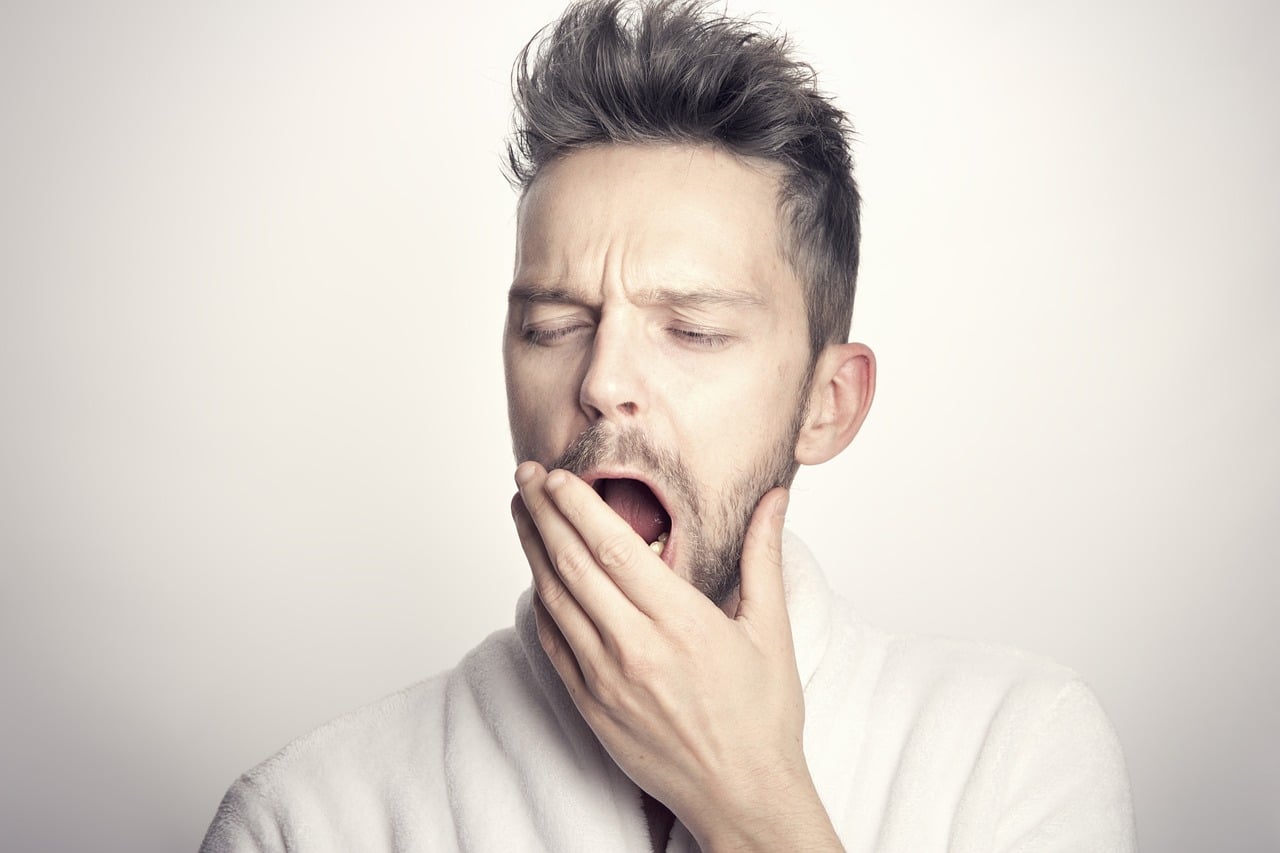This text is inspired by an article published on the German website of the physical trainer: Wolfgang Unsold

«There is no substitute for a good night’s sleep.»

When Sleep Quality is No Longer There
At my worst moments to fight the infection of the Lyme disease, I slept barely 1 night out of 3. The inflammation in my brain was at its peak. If I managed to fall asleep, it was to wake up barely a few hours later to go fulfill contracts of private training in order to be able to continue to survive on the entrepreneurial level. Of this fact, I learned the hard way the impact of living without sleep for several months. However, I am still very much alive, because the human body as well as our brain are really made strong. Hold on if you are on nebulous paths that lead you to experience insomnia. Know however that on the other side, what awaits you… is: resilience.
Insomnia: An Unwelcome Guest That Can Torture You
Who hasn’t counted sheep all night, brain in a frenzy? Insomnia, it’s a bit like an unwelcome surprise guest who disrupts our nights. But rest assured, there are solutions to get back to sleep and wake up every morning in top form. Sleep is much more than just rest. It’s the moment when our body regenerates, when our memories consolidate and when our brain reconnects. It’s a bit like a recharge for our batteries, essential to our physical and mental well-being.
In some horrible contexts, sleep deprivation is used for torture purposes to make a prisoner talk or simply to render him completely miserable.
Sleep: What Is It Exactly?
Sleep is a natural cycle that repeats every 24 hours. It is regulated by our internal biological clock and by environmental factors. During the night, we go through different phases of sleep:
- Light sleep: A transition phase between wakefulness and deep sleep.
- Deep sleep: A phase of physical recovery, where the body repairs and regenerates itself.
- REM sleep: A phase associated with dreaming, where the brain is very active.
The enemies (or disruptors) of sleep
Several factors can disrupt our sleep:
- Stress: Daily worries, professional or personal problems can keep our brain awake, making it difficult to fall asleep.
- The environment: Light (especially blue light from screens), noise, a temperature that is too high or too low can disrupt our sleep.
- Bad habits: Excessive consumption of caffeine or alcohol, heavy meals in the evening, or a lack of regular exercise can also harm the quality of our sleep.
12 Tips to Improve Your Sleep
Tip 1 to Improve Your Sleep: Manage Stress
Practice relaxation techniques such as deep breathing, meditation, or yoga during the day or in the evening to be in a state of zenitude. I also like to consume different brands of relaxing tea from the Yogi brand (Stress Relief and Bedtime) and I also use different supplements to optimize the quality of my nights of sleep that I use in rotation throughout the year. Charles Poliquin greatly preached for the periodization of training. This influenced my rationale for several years and led me to reflect and train and I thus developed a system of periodization of supplementation. I will share some of these supplements with you at the end of the text.
Tip 2 to Improve Your Sleep: Avoid Overly Long Naps
Short naps can be beneficial, but overly long naps can disrupt your nocturnal sleep cycle. By recharging your battery too much during the day, you risk having too much energy to actually be in a state of respecting your real circadian biorhythm.
Tip 3 to Improve Your Sleep: Avoid Stimulants
Limit your alcohol consumption. This toxin will hinder the proper functioning of your internal organs, which can lead to a dysregulation of your blood sugar, which will lead to disturbed sleep.
Tip 4 to Improve Your Sleep: Exercise Regularly
Physical activity promotes restful sleep, but avoid intense workouts just before sleeping. Having an excess of energy due to a lack of activity is in no way optimal and secreting too much cortisol in the evening does not respect human physiology. Therefore, train almost every day and before 6 p.m. in order to be able to reduce the cascade of stress hormones generated by your physical activity session.
Tip 5 to Improve Your Sleep: Watch Your Diet
Avoid heavy meals in the evening, spicy foods, and caffeine. Obviously, caffeine stimulates you and wakes you up, therefore, try to consume your last coffee at the latest around 3 p.m. Know that a very large part of the melatonin produced in the body is secreted in your digestive system. Therefore, consuming a huge meal rich in different spices could easily disrupt the secretion of melatonin and harm your night’s sleep.
Tip 6 to Improve Your Sleep: Set Regular Schedules
Try to go to bed and wake up at the same time every day, even on weekends, in order to cultivate your circadian biorhythm.
Tip 7 to Improve Your Sleep: Create a Sleep-Friendly Bedroom
Opt for a dark, quiet, and pleasantly temperatured room. Invest in a quality mattress and pillows.
Tip 8 to Improve Your Sleep: Create A Calm Environment
Use earplugs or a sleep mask if necessary. Don’t hesitate to put your partner out of the room if they’re gassing the room with toxic farts or if they snore like a trucker with BBQ peanuts stuck in their beard.
Tip 9 to Improve Your Sleep: Limit Screens
Avoid screens (phone, tablet, computer) at least one hour before sleeping. The blue light emitted by these screens disrupts the production of melatonin, the sleep hormone. If you still want to maintain this little pleasure of life, you can wear blue light blocking glasses during your viewing.
Tip 10 to Improve Your Sleep: Create A Sleep Ritual
Establish a relaxing routine before going to bed (hot bath, reading, meditation,) to signal to your body that it’s time to relax.
Tip 11 to Improve Your Sleep: Check if You Have Intestinal Parasites
In my journey, one of the least talked about subjects associated with having poor sleep is being attacked from the inside by microorganisms that we could catch through the consumption of raw foods (e.g., sushi) or through our precious animals (e.g., licking). Once in your body, these little beings literally party and make the rain and the sunshine, leading your immune system to constantly be on high alert. An overactive nervous system also means a higher than normal stress hormone. And if our body is stressed, melatonin production is then compromised. Frequent night awakenings can appear for many people. Therefore, a preparatory protocol leading to an antiparasitic protocol seems quite appropriate for these individuals. Of course, a complete evaluation must be done to come to this type of conclusion.
Tip 12 to Improve Your Sleep: Consult A Professional
If your sleep problems persist, don’t hesitate to consult a professional who is known for… producing results.
Quality sleep for physical and mental well-being
Quality sleep is essential for our physical and mental well-being. By adopting good sleep habits and creating an environment conducive to relaxation, you can significantly improve your sleep quality. Do not hesitate to experiment with these tips and find what works best for you. Every little change can make a big difference. Finally, in my view, if you implement a maximum of these strategies, you will begin to live your daily life more fully and you may develop the gift that Arnold possessed, namely: ‘SLEEP FASTER’.
Some supplements to consider according to N.R.G. to improve sleep quality.
At the beginning of the text, I talked about managing stress and having support with supplements. I propose to share with you a list of supplements that I like to improve sleep quality. To get this list of supplements, you just have to fill out this form and you will receive this list for free!









